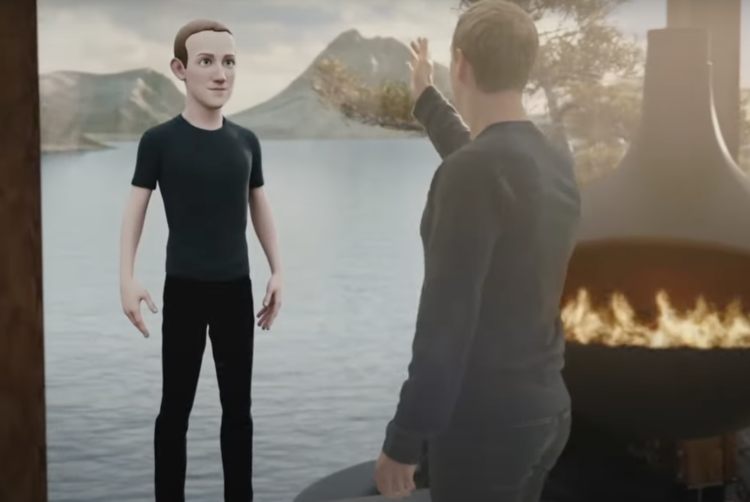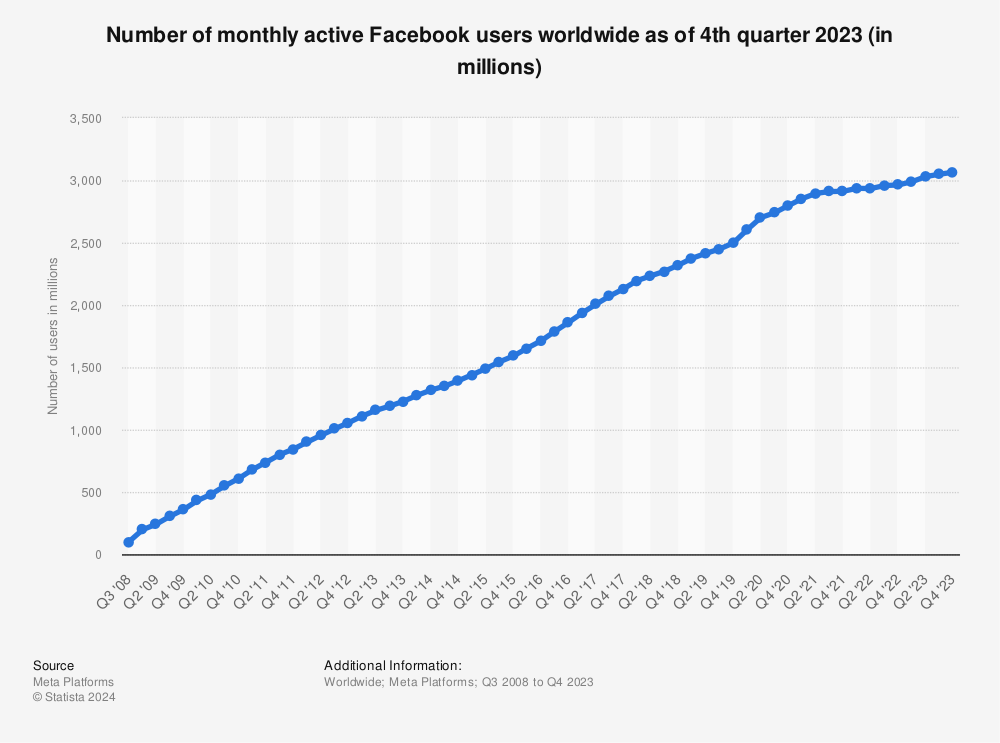Digital stars are in danger of heading towards a black hole

Media Leaders
What connects Jimmy Carr, Joe Rogan, the British Government, Facebook and Netflix? Raymond Snoddy takes a look at patterns in media.
If you look carefully enough, the movements of the constellations in the sky can sometimes bring together apparently unrelated points of light to form a pattern, and deliver an insight.
So it is at this moment in history with the great magical powers of the internet, the social media and the streaming giants.
How little do Jimmy Carr of Netflix and Joe Rogan of Spotify have in common other than a remarkable talent to reach out and really upset people who may have not otherwise heard of them?
The crashing shares of Facebook, trying to hide its light under the bushel of Meta, increasingly looks like an unrelated enormous meteor starting to fall to earth.
Away to the East, the rise of TikTok may have had something to do with the apparently invincible Facebook suffering stalled growth syndrome.
As for Netflix, the upward trajectory is still upwards but the rate of growth is definitely easing off and once the power of gravity starts to take over.
The threat of regulation
In another section of the sky light years away the British Government seems at last to be moving forward on an Online Harms Bill, with teeth. The teeth include, following yet another intricate U-Turn, the stipulation that users of sites displaying pornography will have to pass age verification tests to prove they are at least 18.
Such an age stipulation could easily be extended to other forms of illegal or harmful content where a “duty of care” backed up by serious fines is already being proposed.
Could stronger measures also be imposed to prevent young viewers reaching “unsuitable” material on Netflix oblivious to nonsense such as the nine o’clock threshold?
Dame Melanie Dawes, chief executive of a small circling planet, communications regulator Ofcom, is more than happy to regulate porn sites but sounds as if she is already rolling up her sleeves at the possibility of regulating the likes of Netflix and Jimmy Carr.
 Raymond Snoddy
Raymond Snoddy
The Carr phenomena can be dealt with very quickly. There are no circumstances in the known universe where you can conceivably make a joke about the Holocaust and the industrialised murder of more than six million people- mainly Jews but also communists, the mentally ill and several hundred thousand Roma and Sinti people. If anything Carr made his joke even more distasteful by aiming it at the relatively powerless Roma and travelling community.
The other interesting issue goes beyond Carr and his one-hour special, His Dark Material, released tastefully by Netflix on Christmas Day. It involves the Netflix production processes and who authorised such a programme for streaming.
In one of her better moments, Culture Secretary Nadine Dorries warned that in its forthcoming media bill the Government was looking into the possibility of bringing such “abhorrent and unacceptable” material from streaming groups like Netflix under regulatory supervision.
Multiple threats
As for Spotify, the company’s chief executive Daniel Ek was happy to strongly condemn and apologise for a series of racial slurs made by podcaster Joe Rogan who adds to his charms by being a vaccine sceptic.
What Ek was not prepared to do was actually anything about Rogan other than to say the company should have clear boundaries to what content it published.
Singer-songwriters Neil Young and Joni Mitchell have already set Ek’s boundaries for him by planning to remove their music from Spotify.
The 25% drop in the value of Facebook shares on its results last week was big enough – $240bn (£177bn) to attract even Mark Zuckerburg’s attention.
The Observer’s John Naughton noted that the Facebook founder was facing multiple threats. The danger posed by TikTok is that it would monopolise the attention of younger users. Apple’s decision to require consent for user-level and ID-based monitoring by apps had resulted in users disappearing with a cost of $10bn in lost advertising revenue.
Daily active Facebook users fell by 500,000 with the monthly number levelling off at the still huge 2.91 billion.
If this is the beginning of a trend, it is really significant and the end of a virtuous circle. As Naughton argues, because of the iron law of networks “if user numbers start to decline, then the virtuous circle suddenly turns vicious, leading to a downward spiral.”
More trouble next month for Facebook when Australian billionaire Andrew Forrest launches a criminal case against the company for not doing enough to remove ads for cryptocurrency scams which illegally used his image.
As for Netflix, whatever they do about Jimmy Carr and whether it ends up being regulated or not, troubles never quite go away despite its obvious achievements.
When fourth quarter earnings were announced last month, profits were ahead of expectation and revenues in line but slowing subscriber growth led to a 20% plunge in the share price.
Netflix now expects to add 2.5 million subscribers in this quarter compared with 3.98 million added in the first quarter of 2021.
Disappointed analysts had been predicting 6.93 million new subscriptions to be added in the first three months of this year.
Meanwhile there is a new rising star in the firmament in the shape of Disney+ which may be a greater competitor for subscribers than Netflix first thought.
Jimmy Carr and Joe Rogan have done us a favour
What can we learn – if anything – from these apparently random signs in the sky?
We can predict that the momentum will increase behind moves to regulate the new, vast online publishers who have in the past happily claimed all of the advantages of being publishers while accepting few of the responsibilities.
In this respect we can thank Jimmy Carr and Joe Rogan for highlighting the scale of the problem.
While we must remain ever vigilant in defence of freedom of the press and of expression it seems now unarguable that some views are so vile and dehumanising that they cannot be tolerated.
There are also signs that some of the great stars of the internet are starting to age and could easily face increasing pressure. Some who have seemed until recently as the ultimate masters of the universe could be slowly moving towards a black hole.
We can also speculate on whether among all the debris, clouds of dust and supernova out there, perhaps there could be a quieter place for the traditional media to aspire to higher standards – and flourish.
Raymond Snoddy is a media consultant, national newspaper columnist and former presenter of NewsWatch on BBC News. He writes for Mediatel News on Wednesdays.
Media Leaders: Mediatel News’ weekly bulletin with thought leadership and analysis by the industry’s best writers and analysts.
Sign up for free to ensure you stay up to date every Wednesday.
Editor’s comment: We should happily pay Netflix more to rein in Jimmy Carr




